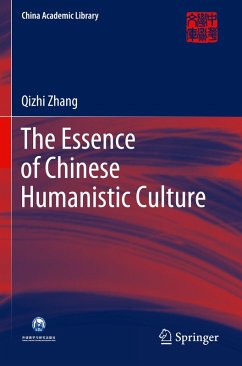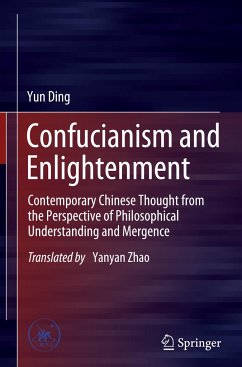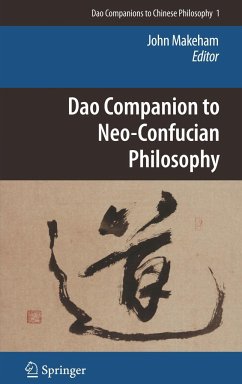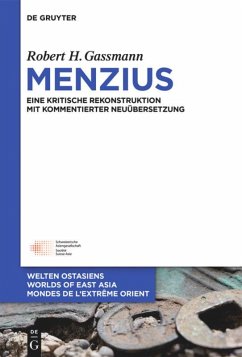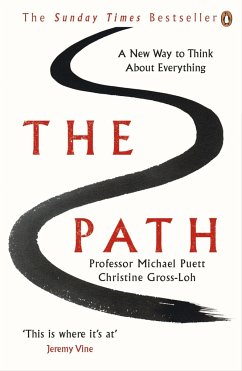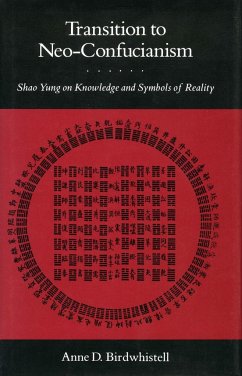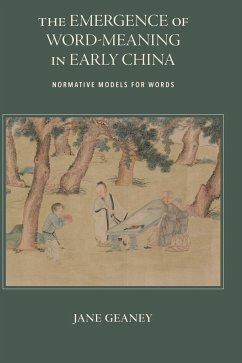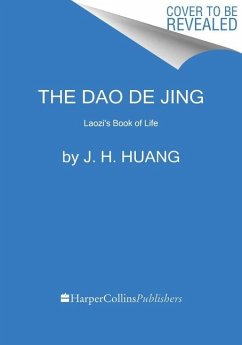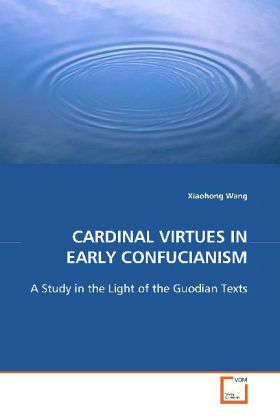
CARDINAL VIRTUES IN EARLY CONFUCIANISM
A Study in the Light of the Guodian Texts
Versandkostenfrei!
Versandfertig in 6-10 Tagen
45,99 €
inkl. MwSt.

PAYBACK Punkte
23 °P sammeln!
In recent years, the numerous silk and bamboo-slip texts excavated in various archaeological sites in China shed new light on the study of the intellectual history of the pre-Qin era. This book attempts to explore the early Chinese intellectual world with the focus on the theory of virtues. The theory of virtues has been a major concern and a topic of heated debates among many classical Chinese philosophical schools. Yet, some puzzling problems with regards to virtues warrant more careful inquiries. Why is virtue essential in Confucian ethics? How do the five cardinal virtues come to be the do...
In recent years, the numerous silk and bamboo-slip
texts excavated in various archaeological sites in
China shed new light on the study of the intellectual
history of the pre-Qin era. This book attempts to
explore the early Chinese intellectual world with the
focus on the theory of virtues. The theory of virtues
has been a major concern and a topic of heated
debates among many classical Chinese philosophical
schools. Yet, some puzzling problems with regards to
virtues warrant more careful inquiries. Why is virtue
essential in Confucian ethics? How do the five
cardinal virtues come to be the dominant? Are there
alternative cardinal virtues in the early Confucian
schools? Due to the lack of early materials, these
questions have remained unanswered. By addressing the
models of Confucian cardinal virtues in the early
Confucian classics, namely, the Analects, the Guodian
texts and the book of Mencius, this study explicates
the transition of the ideas of virtues in this period
of development and articulates furthermore the
general foundation of Confucian moral discourse.
texts excavated in various archaeological sites in
China shed new light on the study of the intellectual
history of the pre-Qin era. This book attempts to
explore the early Chinese intellectual world with the
focus on the theory of virtues. The theory of virtues
has been a major concern and a topic of heated
debates among many classical Chinese philosophical
schools. Yet, some puzzling problems with regards to
virtues warrant more careful inquiries. Why is virtue
essential in Confucian ethics? How do the five
cardinal virtues come to be the dominant? Are there
alternative cardinal virtues in the early Confucian
schools? Due to the lack of early materials, these
questions have remained unanswered. By addressing the
models of Confucian cardinal virtues in the early
Confucian classics, namely, the Analects, the Guodian
texts and the book of Mencius, this study explicates
the transition of the ideas of virtues in this period
of development and articulates furthermore the
general foundation of Confucian moral discourse.



